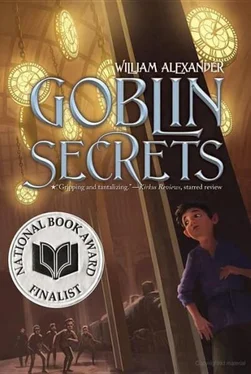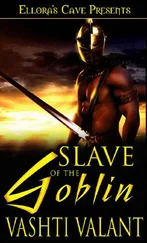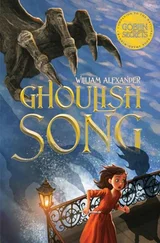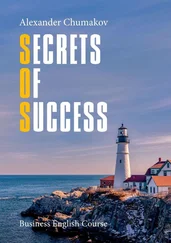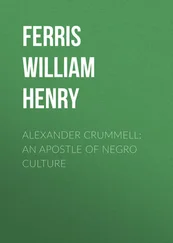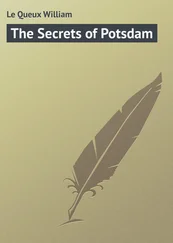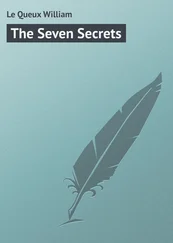Rownie pulled on his coat, which was very much too big for him. It was dust colored, or else so covered with dust that the coat couldn’t remember any other color. He wished that Graba had sent him to the market with the others rather than to Mr. Scrud’s gear shop. He was hungry. Graba never fed her household, but she usually sent them on food-errands. The others would buy bread and pastries for themselves, as well as the chicken feed, and eat on their way home. They probably wouldn’t save him any, and Rownie couldn’t sip gear oil on his own way home. This errand wouldn’t feed him.
He kicked over a dust pile beside the rusting gate to the old rail station, and then coughed and wished he hadn’t.
The street Rownie picked his way down did not run in a straight line. He walked underneath houses built on top of each other, with newer rooms and houses added on stilts or jutting out sideways and held in place by thick lengths of chain. Tin roofs, thatched roofs, and wooden shingles leaned over his head, almost touching across the width of the road.
Rownie was not very tall, but others on the street made way for him. People always made way for those who were Graba’s.
He came to the Fiddleway Bridge.
Two fiddlers stood at either side of the entrance. They played dueling tunes at each other. Hats rested on the stones in front of them, and both hats were half full of coins.
Rownie scooped up a pebble from the ground, just like he always did when he crossed the Fiddleway. This one was gray, with an orange line running through the middle of it. He carried it with him through the entranceway, through the crossfire of dueling music, and onto the bridge.
The Fiddleway was wide, and long enough to disappear into the fog of a foggy day. The central avenue had been cobbled together several times out of old stone and new ironworks. Small shops and apartments stood on both sides, separated by alleyways that looked out over the expanse of the Zombay River.
Rownie passed musicians of several sorts, and empty hats reserving spots for musicians who were not yet there. He passed piles of horse dung and cow dung and other kinds of dung that he wasn’t sure about, but the smell wasn’t so bad as on the Southside roads. River winds kept the air clean on the bridge. He made sure his coat didn’t drag in any of the dung piles.
Several members of the Guard came marching toward Rownie, with their Captain in the lead. Rownie could tell that the Guard Captain had decided not to notice him, but he waited longer than he should have before moving aside. He knew they couldn’t detain him here on the Fiddleway. The bridge was a sanctuary. No one ever got arrested while still on the bridge. Rownie figured that most of the houses here had been built by smugglers and other sorts of people who couldn’t set foot in the city, on either side.
The Guard Captain tried to glare at Rownie and ignore him at the same time. He had an impressive glare. Every member of the Guard had gearworked legs, and some of them also had gearworked arms, but only the Captain had eyes made of tiny glass gears with dark stained-glass irises. Each iris was gear-shaped. They rotated slowly within the workings of his eyes.
Boots struck the bridge at perfectly regular intervals as they marched. The Guard always marched. The way their legs were made, they had no other option but to march.
“May your feet fall off,” Rownie whispered to the backs of them, once they had all passed. “May your breath smell like pigeon feathers.” He tried to chant the words, to make them into a proper curse, to make them stick. He wished he knew how to curse better. Graba knew excellent curses, of course, but she only shared their secrets with Vass.
In the very center of the bridge stood the Clock Tower of Zombay. A stained-glass sun climbed up the stained-glass sky of the clock face, high above the etched glass horizon of the cityscape. The face glinted, bright with reflected sunlight. When the real sun set overhead, the glass sun in the clock would set behind the glass horizon. Then, at nightfall, lanterns would light up behind the clock face and the miniature glass moon as it ticked its way across the sky.
The whole of Zombay was very proud of its clock, though the tower was said to be haunted by clockmaker ghosts. The big front doors were latched, locked, and chained shut. No one ever went inside.
Vass stood by the tower doors with her back to the road, chanting over Graba’s charm bag. Rownie did not interrupt her, though he did wonder why Graba would want to tie a gift of welcoming home to the Clock Tower. No one lived in the Clock Tower.
He continued on his way, looking for one particular stretch of low stone wall, and there he found Stubble and Blotches. They had the crate of eggs with them. They were sitting exactly where Rownie always threw pebbles over the wall’s side. Rownie didn’t want them to be there, but there they were.
They saw him. Blotches took an egg from the crate and offered it to him. Rownie reached for it, because he was hungry, even though he knew that Blotches never gave anybody anything.
Blotches snatched the egg back and tossed it into the River.
Rownie cried out.
Stubble smacked Blotches on the top of his head. “Don’t waste food,” he said. “Not ever.” He looked over at Rownie. Rownie hoped that he’d offer another egg, but he didn’t. “Did you wind up her ankle?” Stubble asked. Rownie started to answer, but Blotches talked right over him. Blotches had large ears, round and ruddy, but he never used them for much.
“You missed the goblins,” Blotches said.
“What goblins?” Rownie asked.
“They came by in a tinker’s-wagon,” said Stubble.
“One of them had long, metal teeth, sticking out all over,” said Blotches.
“Did not,” said Stubble.
“Did so. I threw an egg at that one.”
“She caught the egg and threw it back at you. And those weren’t metal teeth. Those were nails. She used one to hang up a sign.”
“Did not.”
“She did. She was just holding the nails in her mouth to keep both hands free.”
“Maybe they use metal teeth for nails,” said Blotches. “Maybe they grow them back as fast as they can pluck them out.”
“You’re a kack,” said Stubble.
“What did the sign say?” Rownie asked, but they ignored him. They probably didn’t know.
“Vass should be done with the door by now,” Stubble said, changing the subject, but Rownie didn’t want to change the subject.
“I didn’t know goblins could come out in daylight,” Rownie said.
“They have to keep moving if they do,” said Blotches. “Goblins never have a home, any of them. That’s why they live in wagons. The sun finds them out and burns up any building they stay in for longer than a day and a night. That’s why they’re never goldsmiths, too, because it’s sun-metal. They’re only tinsmiths. And iron burns them.”
“Liar,” said Stubble. “They don’t work with iron because it’s too hard and heavy. Tin’s easier.”
“And they’re thieves,” said Blotches, as though the other one had just agreed with him.
“Obviously,” said Stubble.
“What do they steal?” Rownie asked.
“Everything,” said Blotches.
“The smallest child in every family,” added Stubble. “That’s why Graba only sends the oldest of us with tin pots for mending. No one ever sends a small child to the wagons unless they don’t mean for them to come back.” He snickered, three quick snorts of laughter forced out of his nose instead of his mouth.
“Liar,” Rownie said.
“It’s true,” said Blotches. “And they eat the children they steal.”
He started singing a song about thieving goblins. Rownie turned away and looked at the pebble in his hand. “Hello,” he said, whispering low so the other two couldn’t hear him, and then he threw it as far as he could. The rock made a small splash when it hit the River, but the waters did not otherwise react.
Читать дальше
